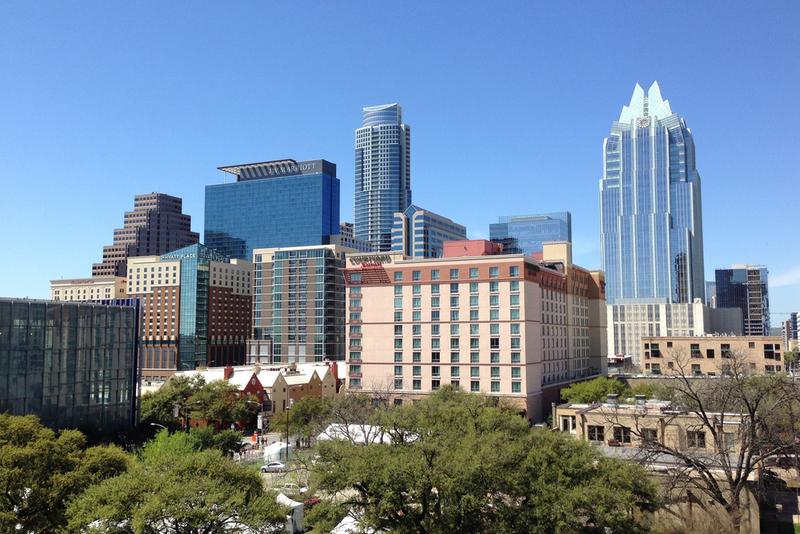What is the Oldest Continuously Occupied City in the United States

There are 310 cities in the United States with a population of 100,000 or more, according to 2018 US Census figures. These cities range in size from the 100K residents in Vacaville, CA to the nearly 8.4 million people living in New York, America's most populous city. But these 310 cities make up a small fraction of the nearly 19,500 total number of incorporated cities, towns, villages and boroughs across the U.S.
The United States has historically been a nation of small towns and villages. That still holds true today. From the incorporated places across the country, three-quarters (14,768) have populations of less than 5,000 people and almost 50 percent have less than 1,000 people as of 2018.
On the other hand, the march toward further urbanization continues. In 2018, there were 127 million people who lived in cities with 50,000 or more residents. That's about 40 percent of the overall U.S. population. Read on to learn more about small and large US cities and what factors affect their population.
Origins of Cities
For centuries, U.S. settlers gathered in areas to live among each other. These areas were called settlements and were the foundation of shared living areas. Over time, these settlements grew into densely populated places called cities where people, local businesses and government offices could dwell, interact and work alongside one another.
For the first 150 years of U.S. history, the number of people living in cities was relatively small. The onset of industrial America eventually led to increased urban living. Today, increasing numbers of people live in cities and help continue the aspects of mass employment, entertainment and education.
L arge Cities
The top three largest cities in the United States are New York, Los Angeles and Chicago. Over 15 million people live in these three cities combined. These cities are seen as the cream of the crop of American cities when it comes to the abundance of job opportunities, better educational options and overall standards of living. People are still moving to these cities in the past decade. However, the rate of increase has slowed in favor of other cities in the South and the West, reports USA Today.
S mall Cities
Small cities are growing in popularity too. A small city is home to 50,000 people or less, and they're gaining in popularity for a number of reasons. Among these are the ease of forming personal relationships with neighbors and local officials. People also enjoy a slower pace and a stronger community spirit.
P opulation Shifts
As smaller cities are growing in numbers, so too are more Americans moving to cities in warmer climates, and that's helping boost the population of cities such as Las Vegas, NV; Phoenix, AZ; Austin, TX; and Midland, TX. A glance at the list of U.S. cities by population growth shows a marked increase in the residents of these more temperate climate cities.
This growth could be attributed to several factors, including technology advances allowing people to work from anywhere, or a desire to move away from snow and cold temperatures.o
S mall Towns
City populations may be growing, but the majority of Americans still live in small towns. Nearly 63 percent of Americans (205 million people) live in incorporated places, which include cities, towns, boroughs and villages. According to 2017 census figures, about three-quarters of the 19,500 US incorporated places have fewer than 5,000 people and almost half have fewer than 1,000 people.
T echnology and Environment
A growing number of Americans work connected to the Internet, and if they are remote workers and not required to be in a certain location, these folks can live wherever they want. That is a compelling reason to find your way into one of these growing cities or small towns across the United States.
Source: https://www.reference.com/geography/many-cities-united-states-cfb3be08284e6a62?utm_content=params%3Ao%3D740005%26ad%3DdirN%26qo%3DserpIndex&ueid=f8677279-4288-4fff-bb79-bb1af95ac0bb
0 Response to "What is the Oldest Continuously Occupied City in the United States"
Post a Comment